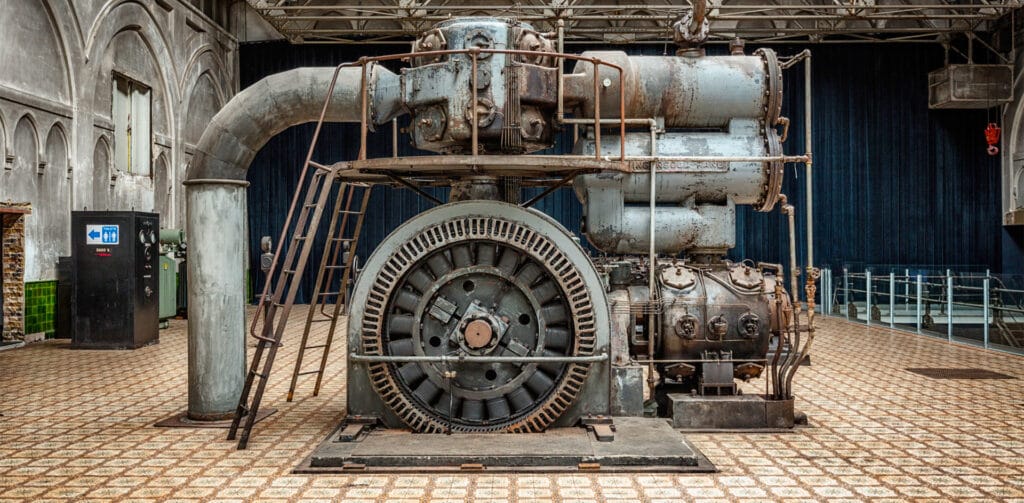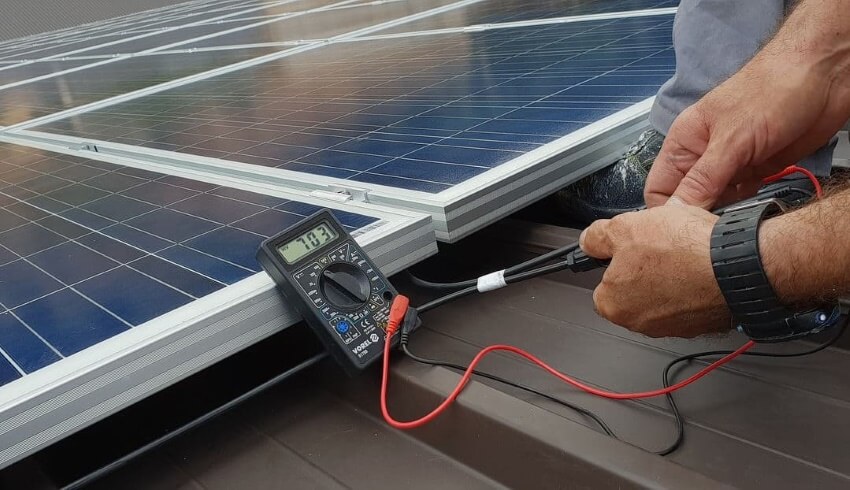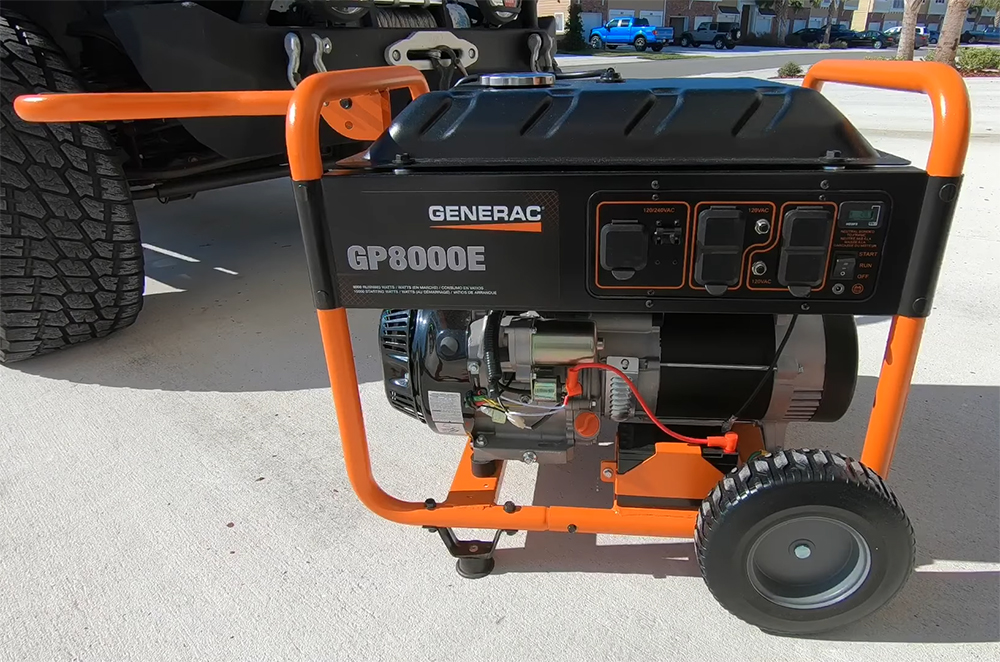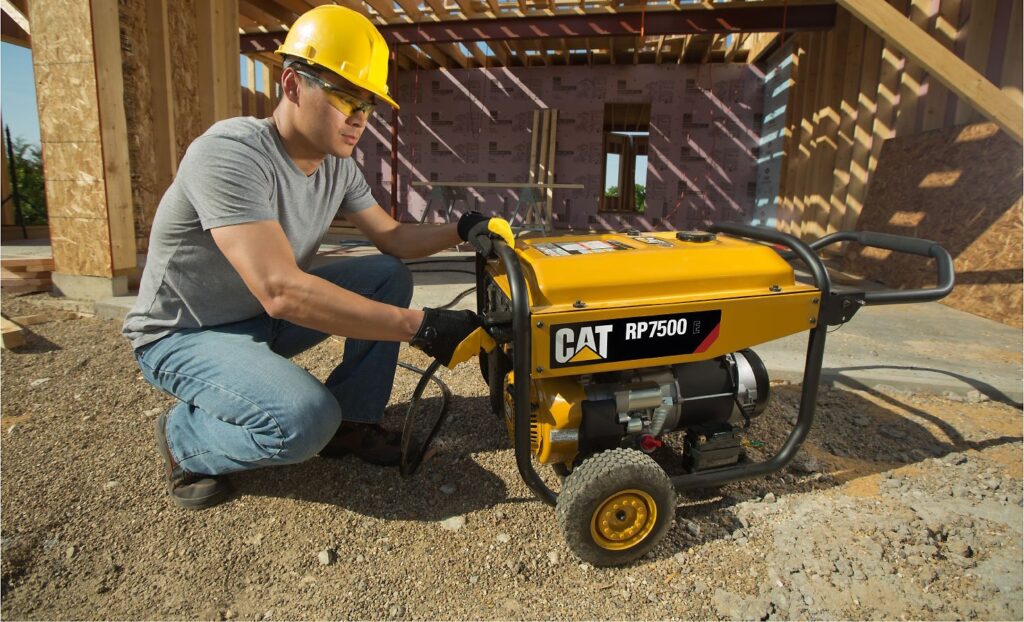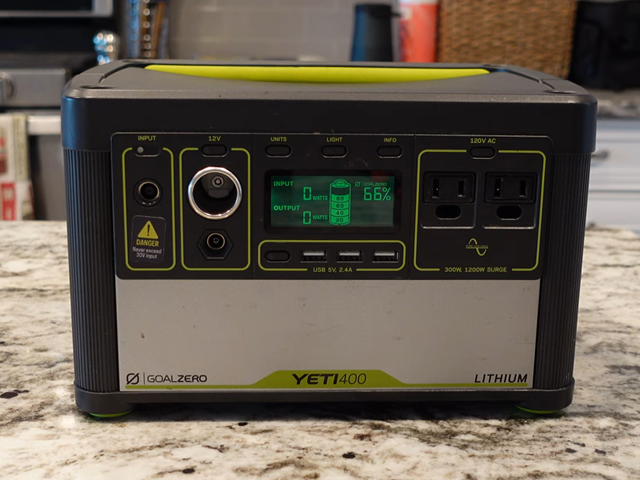
Many people are interested in solar panels as a renewable energy solution and they wonder do solar panels work on cloudy days? This is understandable, while you may have experience with the best RV solar panels and other portable solutions, such as the RICH SOLAR 100 Watt flexible solar panel when you’re traveling during sunny summer breaks, is this technology still effective when the weather is more changeable? In fact, solar panel systems work at their best when they receive a lot of sunshine throughout the day without too much heat and humidity. Having a backup power array provides some energy security, if the power goes out and a storage battery is a great way to keep some of that power for a literal rainy day.
Before we answer the question, how well do solar panels work on cloudy days? It’s a good idea to learn about how they are designed to work under optimal conditions to give you a benchmark. Solar panels are made up of numerous solar cells that gather light from the sun which is converted into direct current (DC) electrical power. A common term in the industry is photovoltaic (PV) energy and the direct translation is “light electricity”. A solar panel will generate sufficient power for 1-2 small appliances and to create more power multiple panels must be linked together in an array.
If you learn how to wire solar panels you will quickly realize that the DC power must be converted to alternating current (AC) power to be useful in most homes. If that power is required to run a TV, turn on lights and cook a dinner then DC power simply will not suffice. But, this energy is wasted if there is no storage system in place to use the collected power after the sun sets. A battery system will store the power until you need it and excess power can be directed to the power grid. Now that you know about the optimal solar collection conditions, it’s natural to wonder, how do solar panels work on cloudy days?
Sunshine does not not hit everywhere on the face of the Earth with equal intensity and the strength of the sunlight will vary throughout the year. When we perform calculations on how much solar power we may need it’s easy to forget about key factors, such as the average number of cloudy days in an area, the angle of the sun and more. For this reason, many people choose a larger capacity system, so they can anticipate any solar power deficit that may be experienced when the weather is overcast or it’s raining. For example, with our list of the best 300 watt solar panels you will see that you have greater flexibility compared to a smaller 100 watt system.
The National Renewable Energy Laboratory has a helpful PV Watts Calculator available online to work out the ideal solar power array size for your area. Enter the address where the system will be located and you can input a variety of solar array sizes. This will help you to work out home much energy you should be able to generate before you purchase any solar panels, inverters or other equipment. For a fast answer, simply hit the “Results” tab and you get a solar radiation chart expressed in kWh/m2/day (Kilowatts per meters squared per day) for every month of the year in that area.
Solar panels will work on cloudy days, but they are less effective and they tend to produce around 10-25% of their normal power output. The thickness of the cloud cover will affect the performance and it may surprise you to learn that they don’t work as well in hotter climates. Solar output tends to fall when the temperatures rise above 77ºF (25ºC) and they tend to work better in some areas over others.
As an example: Las Vegas may be sunnier and hotter than San Francisco, but the cooler weather in the Bay Area will keep the solar panel running at optimal efficiency when the sun is out. But, even in areas that are famous for overcast days and rain, such as: Portland. Oregon the power output of solar panels is impressive. To summarize, the performance of solar panels will decrease if it’s too hot or cloudy and yet they will work across a wide range of climates.
No, a solar panel will only collect energy from the sun and if it’s dark outside, there is next to no energy collected. But, this is not as absolute as you might expect and it is possible to collect some light from street lights and the moon! It should come as no surprise that these light sources have very low output and solar panels tend to enter a sleep mode after the sun goes down.
So, if the solar panels are inactive and no electricity is produced, how can you power appliances after sunset? Solar panels will collect a lot of extra power during the day and you may not use most of it. A solar battery bank can store this energy to balance out your energy requirements and supply some power when it’s dark outside. The concept is simple, most solar power arrays are designed to produce more power than your home or RV needs. A well designed home with a solar battery solution can even operate offgrid indefinitely with this type of system.
For people that are still connected to the power grid, it’s important to mention net metering. This is a simple concept, the solar panel may not have storage, but excess energy can be directed to the power grid for other people to use. A record of the energy loaned to the grid is kept and as the user you can access that energy later. Essentially, the power grid is the solar battery bank for your home and you accumulate energy credits to use as you wish. At night, the credits can offset the energy costs and it may even be possible to completely negate your electric bills with a large solar array.
The UV rays from the sun will penetrate cloud cover and rain, but the lack of sunlight will degrade the energy production. This is equally true with a home-based permanent array or a portable and foldable BLUETTI SP200 200w Solar Panel system. It may be tempting to fold the solar panel away because the energy production is limited. But, some energy will still be produced throughout the day and the rain will wash the panels clean to improve efficiency.
The presence of fog and any other lowlight conditions will affect the production of solar power in a similar manner to cloud cover. But, as we’ve learned, solar power can still be gathered under a variety of conditions even though the efficiency is diminished. The solar panels will still be able to capture some energy of the sun as it penetrates the cloud cover and foggy conditions. Most modern solar panels operate at around 50% of their normal efficiency when fog is around and this is an improvement over dense cloud cover. It’s also a rare event when foggy conditions are present for an entire day! In most cases the fog will begin to burn off as the day progresses and the sunlight becomes stronger. By mid-afternoon fog is unlikely to be a problem and the solar panel efficiency will return to the optimal efficiency levels.
Hopefully we’ve answered the question, do solar panels work on cloudy days? But, you may still be wondering if they are a sound investment if they cannot work at optimal efficiency on cloudy days. We believe that they are. This is especially true if you travel a lot in an RV and you want portable power when camping. Most national parks don’t allow traditional fossil fuel generators at all and solar is the only option. Storing up the excess energy in a battery for cloudy days is a good strategy and most places receive at least some sunshine during an average day.
